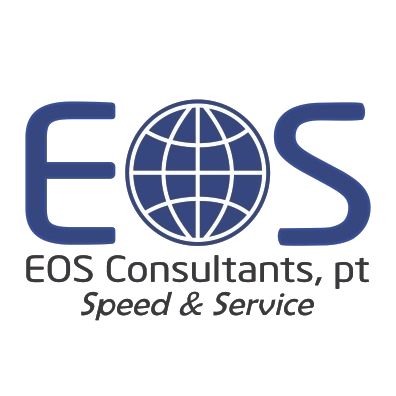
Source >>>
Tuesday, January 18, 2022Sustainability standards are under increasing pressure to show the credibility and impact of their standards.Brands are demanding more information to support their responsible sourcing programs and reporting, and new regulations on supply chain due diligence are also impacting the role of sustainability standards. On top of that, consumers are asking for more insights on the impacts of sustainability standards to win their trust.
Risk management is an important contributor to the effectiveness of sustainability systems, especially as global supply chains become increasingly complex. Three key reasons to put in place effective risk management are:
1. To maintain a credible reputation of sustainability standards and their users: Reducing threats to social, environmental and economic values in supply chains is key to the aim of every sustainability standard.
2. To increase the impact and effectiveness of sustainability standards and assurance systems: Data insights can improve standards, control risks, measure the quality of assurance and inform impacts.
3. To increase recognition and uptake amongst other sustainability standards, supply chain actors and consumers.
As part of our Strategic Plan 2025, we have initiated a project to evolve the way we manage assurance risks and chart the impacts of our interventions, something we call Assurance Impact Plans.
In the context of assurance, we look at risk from different perspectives like:
- Risks to assurance integrity such as financial dependency of the certification body on clients, competition between certification bodies, or auditor working conditions.
- Risks inherent to the sector and commodity (including risks at certificate holder level) such as agriculture, aquaculture or forestry.
- Finally, risks inherent to a country or region that may exacerbate the problem further.
We believe understanding these risks, the influencing factors and tackling them holistically ensures greater integrity and impact. This is the primary objective of ASI’s Assurance Impact Plans.
The plans will be developed in collaboration between ASI and its clients, following a stepwise framework:
- Identification of risks and corresponding causes utilizing ASI’s tools such as incident management, assessment findings and other data points. Together with our clients, we will prioritize those risks that are most concerning and establish a joint agenda.
- Analysis and evaluation of the risk and its prioritization will be based on data to determine the level of risk and the proposed treatment to mitigate it or prevent adverse effects. The type of treatment will depend on the risk and the underlying causes and consequences to be addressed. Oversight assessments (i.e. head office, witness, compliance and desk reviews) and non-assessment related activities (e.g. integrity investigations) can be applied as part of the ASI treatment.
- Execution of the treatment plan, ASI’s sampling of assessments, or investigations or other forms of assessment activities are influenced by the outcome of the risk evaluation and help us to concentrate on a particular certificate holder, a certification body, an auditor, a specific region or country, a species or specific standard-related topic.
- Appraisal of the treatment plan, ASI measures the level of risk mitigation or prevention and reports results, and recommendations for further treatments that the sustainability standard can make.
Evi Mateboer, Senior Integrity Manager at ASI explains, “We have always put risk management centre stage in our sampling approach and certification body performance appraisals. With the Assurance Impact Plans, we are putting all the dots together, accounting for primary and secondary data in the risk assessment process, and engaging with our clients to decide on the appropriate form of oversight. We are in the process of developing the framework and are excited to be piloting it with the Marine Stewardship Council in the next few months.“
—
About ASI
ASI is the leading global assurance provider for social and environmental standard systems. Our mission is to assure the credibility of voluntary sustainability standards and initiatives and support them to deliver real social and environmental impact through our assurance services.
At ASI, we look forward to working with our clients and partnering with new ones to overcome sustainability and assurance risks and challenges. Get in touch to discuss how we can help.

